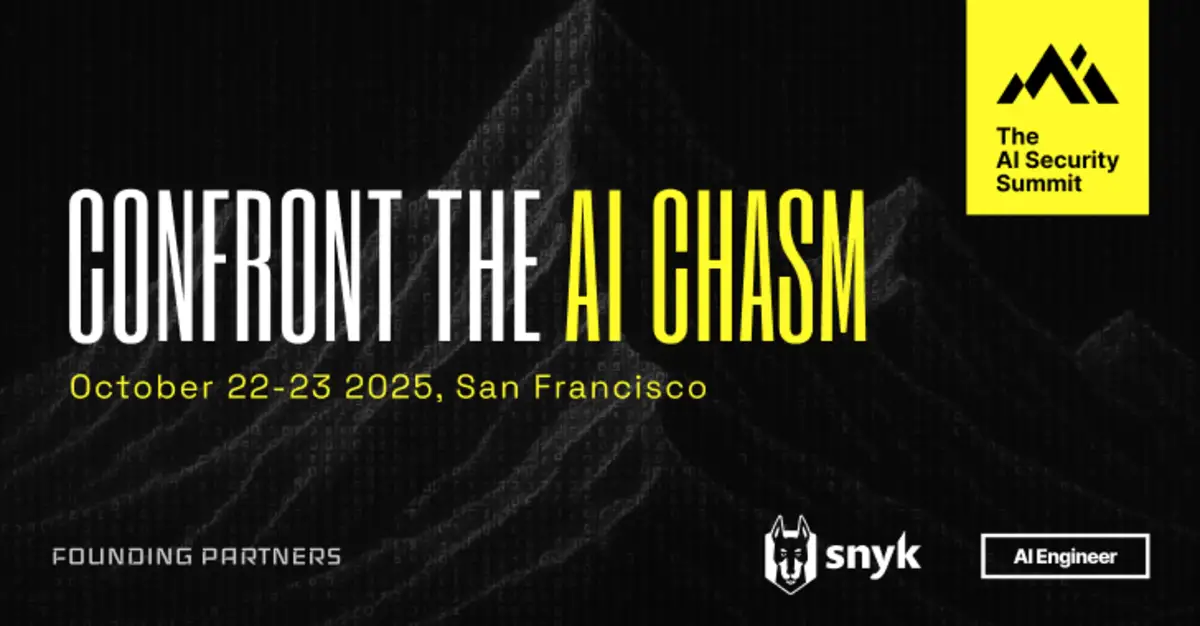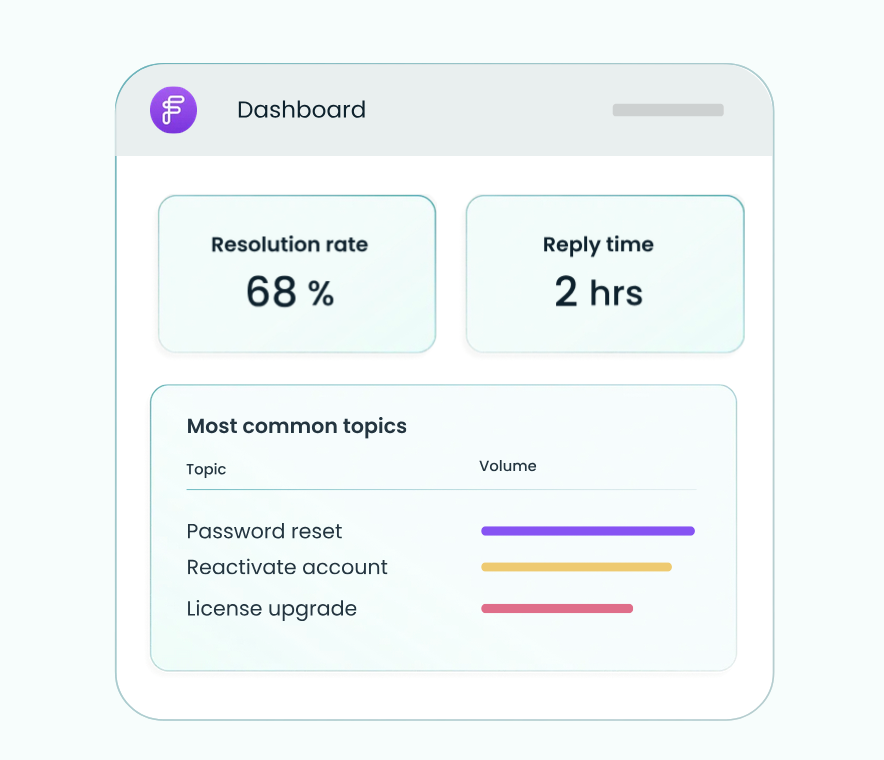Apple Bets It Can Build the Wearable AI Pin That Humane Couldn't
Apple is building an AI wearable pin for 2027, planning 20 million units. Humane sold fewer than 10,000 before HP bought the remains.

Good Morning from San Francisco,
Nineteen percent of high schoolers report romantic relationships with AI. Federal orders accelerate school adoption anyway. Teacher training on responding to harmful AI use? Eleven percent received it.
ASML appointed a CTO after eighteen months. Sounds bureaucratic. It's not. They're the only company that makes the machines for advanced chips. The entire AI infrastructure depends on them. No alternative supplier exists anywhere.
Microsoft just licensed Harvard Medical School content for Copilot. They're building independence from OpenAI while the partnership agreement sits unsigned. The hedging accelerates by the week.
Stay curious,
Marcus Schuler

The Trump administration accelerates K-12 AI adoption through executive orders and grant guidance while survey data reveals systematic risks scaling with deployment intensity.
Eighty-six percent of students used AI during the 2024-25 school year; 19% report they or someone they know has had a romantic relationship with artificial intelligence, according to CDT's national survey of 1,030 high school students, 806 teachers, and 1,018 parents. Forty-two percent turned to AI for mental health support, companionship, or escape from reality.
The pattern that matters: risks intensify with adoption. Half of all students say classroom AI makes them feel less connected to teachers; in schools using AI for four to six tasks, that reaches 56%. Data breach reports jump from 18% in low-use schools to 28% in high-adoption environments. Awareness of school-linked deepfakes rises from 36% to 61%.
The infrastructure gap is stark: only 11% of teachers received training on responding to harmful student AI use. Thirty-one percent of personal AI conversations happen on school-provided devices, blurring institutional oversight and private life. Ohio became the first state to mandate AI policies by July 2026, but 30 states rely on voluntary guidance without enforcement mechanisms.
Why this matters:
• Schools deploy intimate AI systems at scale without matching safeguards, revealing a dose-dependent relationship between adoption intensity and measurable student harm—relationship erosion, dependency patterns, harassment vectors.
• Federal principles remain aspirational until tied to funding requirements; the gap between "should" and "must" determines whether districts face procurement pressure or route around suggestions while risks compound.



Prompt:
a photorealistic portrait of an ancient alien with blue eyes, wearing ornate gold jewelry and robes. the skin is pale beige and textured like leather or hide. the face has no hair, but for intricate facial tattoos, and the alien wears large golden earrings. the head glows cyan, as if it's illuminated from within.

ASML Holding appointed Marco Pieters as chief technology officer Thursday, ending an 18-month vacancy at the only company that can make machines required for advanced AI chips.
Pieters, 49, spent 25 years at ASML, most recently leading Applications—the division driving precision gains. He's replacing Martin van den Brink, who retired April 2024 after 41 years and strategic decisions in the 1980s-90s that let ASML overtake Nikon and Canon.
The board expands from five to six members April 2026. That's unusual—it signals simultaneous execution pressure across physical expansion (100 hectares, 20,000 employees, €4.1 billion infrastructure investment), AI tool deployment (€1.3 billion Mistral stake), and export controls blocking China access.
ASML expects €44-60 billion revenue by 2030, up from €32 billion trailing twelve months. Without EUV machines, foundries can't produce chips powering AI training. The dependency chain is absolute.
Why this matters:
• ASML's execution directly determines AI infrastructure capacity through the decade—no alternative supplier exists for machines enabling advanced chips.
• Leadership transitions during monopoly positions create systemic risk when the entire ecosystem depends on continuous supply and scaling capacity.


Forethought automates customer service by learning from your past support tickets and help center to resolve issues instantly. The AI handles routine inquiries, routes complex tickets to the right agents, and acts as an AI copilot to help your team respond faster.
Tutorial:
Create five performance review questions for a [function/team] that prompt employees to:
Use supportive, forward-looking language. Format as a numbered list suitable for a review form.

Microsoft licenses Harvard Medical School content for Copilot health queries launching October, the Wall Street Journal reported exclusively.
The arrangement routes proprietary medical information through Microsoft-controlled systems rather than shared OpenAI infrastructure—part of a broader independence campaign that includes training homegrown models and deploying Anthropic's Claude in 365 products.
Copilot sits at 95 million downloads against ChatGPT's billion-plus, pushing Microsoft toward vertical credibility plays where compliance and safety matter more than viral growth. The bet: healthcare users will choose licensed Harvard content over faster general answers, especially after Stanford found ChatGPT gave inappropriate medical responses 20% of the time.
Microsoft and OpenAI announced a tentative September deal granting Microsoft 30% of a planned for-profit entity, but that agreement isn't finalized.
Microsoft keeps building away from dependency anyway—a multi-year model development effort that Satya Nadella prioritized enough to hand off other CEO duties last week.
Why this matters:
• Vertical differentiation under scale pressure: When an enterprise player trails in consumer adoption by 10x, credibility-first strategies in regulated domains create switching costs that speed and personality can't match
• Partnership divergence mechanics: Legal agreements layer over technical competition until the structure itself becomes adversarial—dependency running both ways doesn't prevent strategic hedging at speed

Google Cloud has launched Gemini Enterprise, an artificial intelligence platform designed to help employees automate tasks and generate content across various departments within organizations. The new workplace AI service is priced at $30 per user per month as Google's cloud division competes directly with Microsoft and OpenAI in the rapidly growing enterprise AI market.
Anthropic launched a weeklong "anti-AI slop" pop-up experience in New York City's West Village as part of its "Keep Thinking" marketing campaign for its Claude AI assistant, attracting over 5,000 visitors during the event. The campaign generated significant social media engagement with more than 10 million impressions, despite the company stating it isn't trying to compete in the attention economy.
German startup n8n has secured $180 million in funding led by Accel, achieving a $2.5 billion valuation for its platform that helps businesses automate repetitive computing tasks through AI agents. The Berlin-based company is positioning itself to compete in an increasingly crowded AI automation market that includes major players like OpenAI.
OpenAI is rapidly expanding its budget-friendly ChatGPT Go subscription plan to 16 new countries across Asia, including Malaysia, Pakistan, the Philippines, and Vietnam. The affordable plan, which costs approximately $5, was initially launched in August and represents the company's effort to make its AI technology more accessible in emerging markets.
The US Commerce Department's Bureau of Industry and Security has approved several billion dollars worth of Nvidia chip exports to the United Arab Emirates, marking a significant development in US-UAE technology cooperation. This approval represents an early implementation step of a bilateral artificial intelligence agreement established in May 2025, signaling strengthened economic ties between the two nations in the critical AI semiconductor sector.
China has announced comprehensive export controls on rare-earth minerals, implementing measures similar to US restrictions that prevent chip-related exports to China from third-party countries. The new regulations allow Beijing to leverage its dominant position in the global critical minerals supply chain as trade tensions continue between the world's two largest economies.
Disney has opted out of allowing its intellectual property to appear in OpenAI's new AI video-generating application Sora, according to sources. Creative Artists Agency (CAA), one of Hollywood's most prominent talent agencies, has issued a statement warning that OpenAI is exposing artists to "significant risk" through the deployment of its Sora video generation tool.
Anysphere, the company behind AI coding assistant Cursor, is evaluating investment offers at approximately a $30 billion valuation, according to sources familiar with the matter. The startup has achieved significant traction with Cursor generating $500 million in annual recurring revenue as of June 2024, making it the third-highest revenue AI application in the market.
Toronto-based artificial intelligence startup Spellbook has raised $50 million in a funding round led by Khosla Ventures, achieving a $350 million valuation for its legal contract automation technology. The company, which currently serves approximately 4,000 customers, develops AI tools that assist legal professionals with contract review, drafting, and analysis tasks.
A Washington Post analysis of nearly 50 Amazon purchases tracked over six months in 2025 found that during the October 7-8 Prime Day sales event, customers saved an average of only 0.6% compared to regular prices. The investigation revealed that some items actually increased in price during the heavily marketed sales period, contradicting Amazon's promotional claims of significant Prime Day discounts.
Apple announced plans to update its Declared Age Range API and introduce new age verification APIs later this year to comply with upcoming Texas regulations. The new system will verify the ages of Apple Account users in Texas starting January 1, 2026, as the state prepares to enforce new rules requiring companies to implement age verification measures.
The Browser Company has announced that its AI-powered browser Dia is now available to all macOS users without requiring an invitation, marking the first time the browser has been widely accessible since its initial launch in June. While Mac users can now freely download and use Dia, the company has not yet provided information about when the AI browser will be made available for Windows users.
Reflection AI, a company developing an open-source AI model designed to compete with DeepSeek, has raised $2 billion in a funding round led by Nvidia, bringing its valuation to $8 billion. This represents a dramatic increase from the company's $545 million valuation in March, highlighting continued investor enthusiasm for artificial intelligence companies despite concerns about market overheating.
Two DeepMind refugees left Google to build coding agents that actually ship. They raised $2 billion and now want to be America's answer to DeepSeek.
1. The Founders
Misha Laskin and Ioannis Antonoglou launched Reflection AI in 2024 out of Brooklyn. Both came from Google DeepMind—Laskin worked on Gemini's reward models, Antonoglou wrote GPU kernels for AlphaGo. They learned reinforcement learning at scale and wanted to fuse it with LLMs. The team stays lean but credentialed.
2. The Product
Asimov is their autonomous coding agent. It reads your repos, tickets, docs, emails, and Slack to understand how your team ships. Then it writes code, prepares diffs, and cites sources. The hook: it deploys in your VPC, not theirs. That keeps sensitive data locked down and gives the agent deeper context. They blend LLMs for breadth with RL for reliability—trying to go from "suggest" to "ship." They call it "frontier open intelligence" and promise open-weight models. 🔓
3. The Competition
The open front: DeepSeek set the bar, Meta ships Llama, Mistral moves fast. The enterprise trench: GitHub Copilot owns distribution (20M users), Cursor hit $500M+ ARR and a $9.9B valuation, Cognition (Devin) crossed $10B. Reflection's wedge? VPC-native, deeper reads, fewer hallucinated commits.
4. Financing
March 2025: $130M at ~$550M valuation (Sequoia, Lightspeed, CRV). October 2025: $2B round led by Nvidia ($800M check), now valued at $8B. Also in: DST Global, Eric Schmidt, 1789 Capital. That's a 14x jump in seven months. 📈
5. The Future ⭐⭐⭐⭐
They've got the cash and the pedigree. Open models attract governments and tinkerers. RL can push reliability where LLMs stall. But DeepSeek moves faster, Meta ships more, Cursor converts harder. Reflection must prove one thing: tickets closed, not just promises made. If the agents actually learn codebases like staff engineers do, they'll carve space. If not, $8B buys a lot of runway to nowhere.
Get the 5-minute Silicon Valley AI briefing, every weekday morning — free.